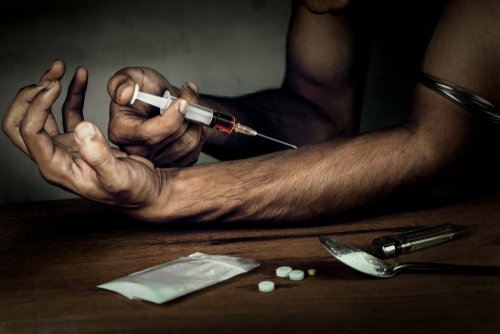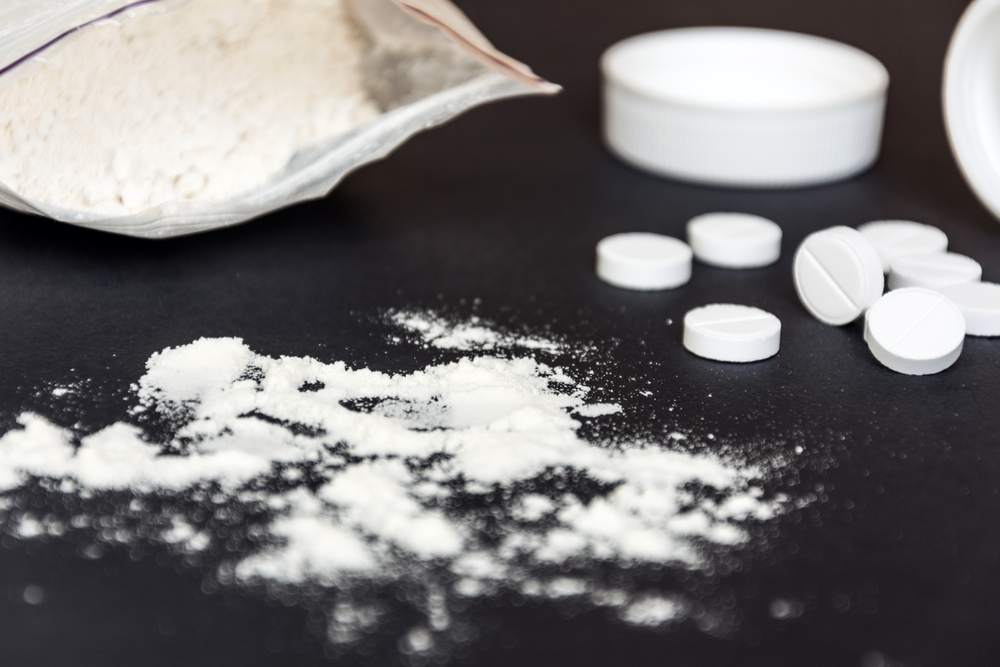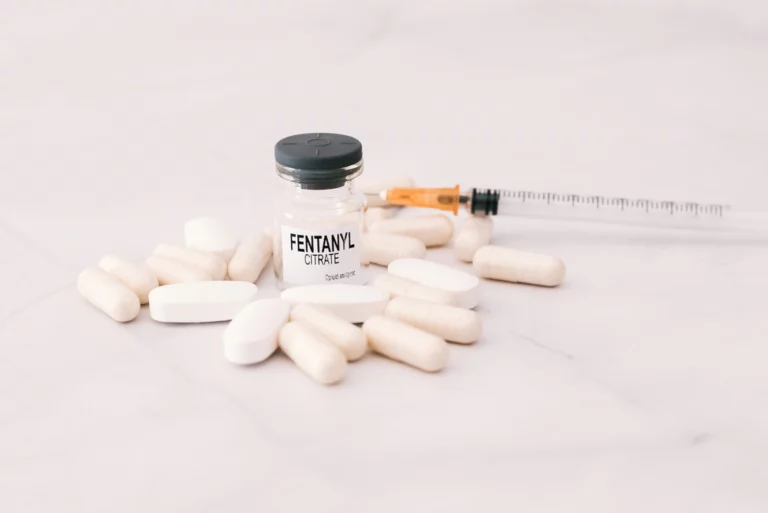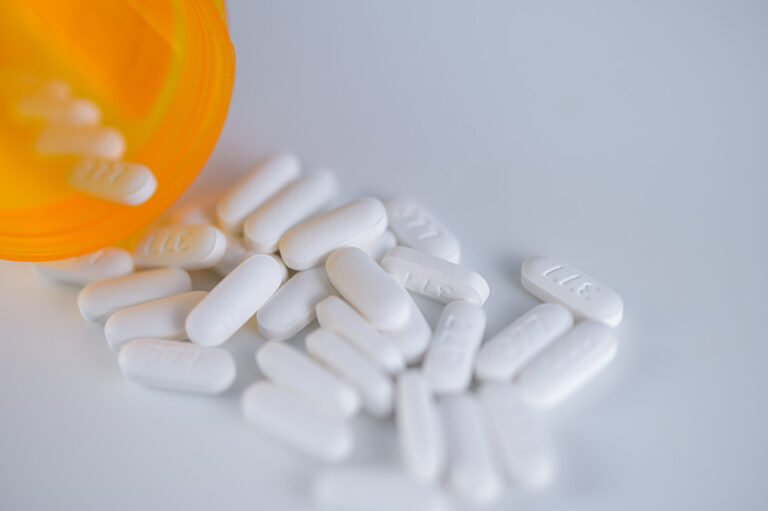How Long Does Heroin Stay in Your System?
How long does heroin stay in your system? Heroin is a powerful and highly addictive opioid drug that has recently become a significant public health concern. Many people who use heroin or know someone who does may wonder how long the drug stays in the body. This question is important not only for medical reasons but also for legal and employment purposes.
This article will discuss several factors affecting how long heroin stays in your system, including the method of administration, individual metabolism, and frequency of use.
Method of Heroin Administration
The method of administration is one of the main factors that can influence the amount of time heroin stays in the body. It can be consumed in two ways, either by injection or smoking.
By Injection
When heroin is injected directly into the bloodstream, it reaches peak concentrations in the blood within a few minutes, but it is rapidly metabolized and eliminated from the body. Heroin metabolizes into morphine, which is also a potent opioid drug. And it is morphine that can be detected in the body after heroin use.
By Smoking
When heroin is snorted or smoked, it takes longer to reach peak concentrations in the blood. But the effects can last for several hours. This is because the drug is absorbed more slowly through the mucous membranes of the nose or the lungs. However, the slower absorption also means that the drug is metabolized more slowly, and it may take longer for the body to eliminate it.
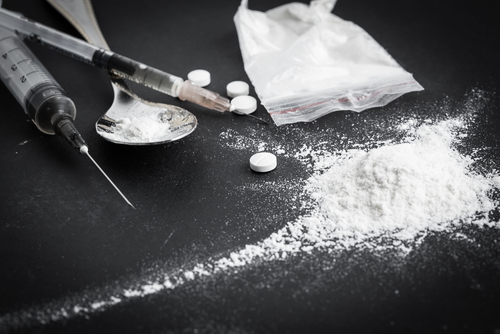
Individual Metabolism
Individual metabolism also affects how long heroin stays in the body. Depending on age, weight, and liver function, some people may metabolize and eliminate the drug more quickly than others. In general, heroin and its metabolites can be detected in urine for up to 2-7 days after use, depending on the individual.
Frequency of Use
The frequency of use is another factor that can affect how long heroin stays in the system. Chronic users may take longer to eliminate the drug, as heroin can accumulate in the body over time. Additionally, the buildup of heroin and its metabolites can increase the risk of overdose and other health complications.
Short-Term & Long-Term Effects Of Heroin
Heroin is an illegal and highly addictive drug that can cause severe harm to the body in the short and long term. The amount of harm heroin can cause depends on various factors, including the individual’s overall health and the purity of the drug.
In the short-term, heroin use can cause a range of harmful effects, including:
- Severe itching
- Constricted pupils
- Nausea and vomiting
- Confusion and disorientation
- Slowed heart rate and breathing
- Increased risk of accidents and injuries
- Coma and even death, especially in cases of overdose.
In the long term, heroin use can cause a range of severe health problems, including:
- Liver and kidney damage
- Sexual dysfunction and infertility
- Abscesses and other skin infections
- Infections of the heart and blood vessels
- Mental health issues, including depression and anxiety
- Chronic respiratory problems, including pneumonia and tuberculosis.
In addition to the health risks, heroin use can lead to social and economic problems, including job loss, financial ruin, and legal issues. It can cause severe discord among families, increases criminal activity and violent acts, and costs society billions of dollars annually. Also, the use of heroin is associated with an increased risk of contracting infectious diseases such as HIV and hepatitis.
These short-term and long-term health problems seriously harm an individual’s body. Therefore, it is strongly advised to avoid using heroin and seek professional help if struggling with addiction.
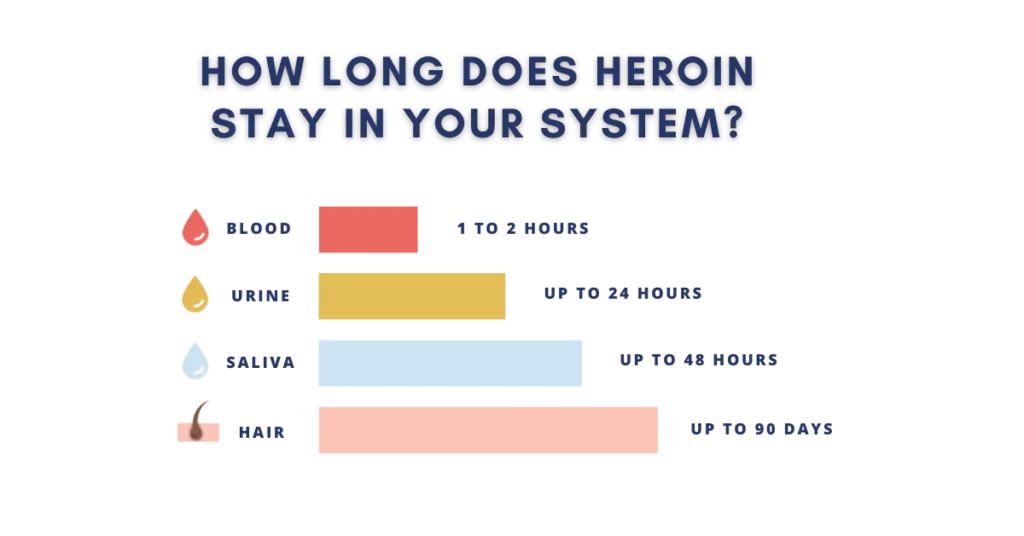
How Long Does Heroin Stay In Different Bodily Fluids
A positive result for heroin on a drug test can take a few minutes to many hours, depending on the test administered. Different drug testing methods have varying detection windows for heroin, affecting how long it takes to obtain a positive result. Several samples, including urine, blood, hair follicle, and saliva, can be used for drug tests.
Detection Times for Heroin in Urine
The detection of heroin can be determined through urine testing for two to three days, with some tests detecting for up to seven days after heroin use. Unlike other opioids, heroin contains 6-monoacetylmorphine (6-MAM). The elimination of 6-MAM from urine following morphine or codeine consumption makes the length of time 6-MAM can be identified in urine an essential indicator of heroin use. A positive result for this metabolite can only be obtained from a urine sample taken within 24 hours after drug usage. The morphine derivative is the one that takes longer to be detected.
Detection Times for Heroin in Blood
The most extended period heroin might be identified in the blood is around 1 hour and 15 minutes after the last usage, given that its half-life is between 3 and 15 minutes. 6-MAM, likewise detectable in the blood, has a half-life of roughly 30 minutes. Since its half-life is 2.5 hours, traces may still be present in the bloodstream for that long. Detection of heroin in your blood can last around five to six hours after the last use.
Detection Times for Heroin in Saliva
It’s possible to find traces of heroin in your saliva for up to 48 hours after your last use. However, the time it takes to detect heroin usage can change based on how frequently and how much heroin was used. Tests that use saliva, since it is a non-invasive procedure that is also convenient, are gaining a lot of popularity these days.
Detection Times for Heroin in Hair Follicles
Because of the high cost involved and the fact that the results will vary depending on the length of hair and the amount of hair obtained, obtaining heroin use data from hair samples is a technique that is rarely used. A hair follicle test will usually detect heroin use up to ninety days after the last use.
How To Eliminate Drugs From Your System Faster?
If you must pass a drug test but have recently taken drugs, you may wonder how to clean your system as quickly as possible. Increasing a drug’s metabolism in the body is often impossible. You can’t drastically improve your organ health in time to affect how well your liver and kidneys handle toxins.
If you want to get drugs out of your system, the best thing to do is to quit taking them. Heroin, as mentioned above, detection times are calculated from the time of the last dose. The drug’s presence in a toxicity panel decreases over time.
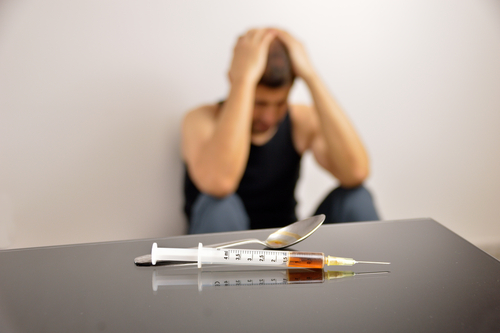
Rebuilding a Fulfilling Life – Louisville Recovery Center
Heroin addiction is a severe and life-threatening condition that can devastate an individual’s mental and physical health. It also affects their relationships and quality of life. However, professional heroin addiction treatment and support provide hope for recovery and a brighter future.
Louisville Recovery Center is a leading addiction treatment center specializing in helping individuals overcome heroin addiction through a comprehensive and personalized approach. Our kind and knowledgeable staff will work with you to create a treatment plan that is particular to your requirements.
We offer a range of evidence-based treatments and therapies, including medication-assisted treatment, individual and group therapy, behavioral therapy, and more. We also provide ongoing support and aftercare services to help you maintain your sobriety and achieve long-term recovery.
If you or a loved one is struggling with heroin addiction, don’t wait to seek help. Contact Louisville Recovery Center today to learn more about our addiction treatment programs and start your journey to a healthier and happier life.

